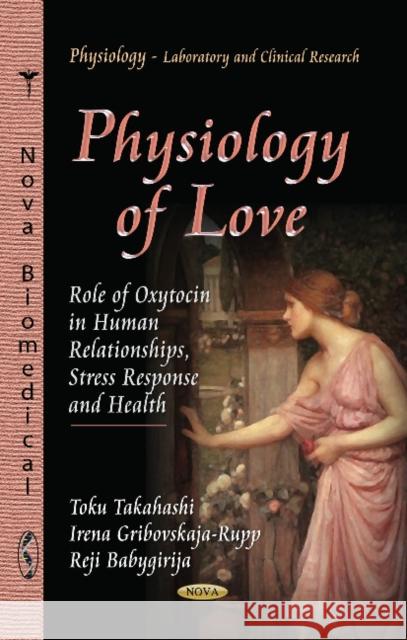Physiology of Love: Role of Oxytocin in Human Relationships, Stress Response & Health » książka
Physiology of Love: Role of Oxytocin in Human Relationships, Stress Response & Health
ISBN-13: 9781624173028 / Angielski / Twarda / 2013 / 154 str.
Are human beings genetically predisposed to prosocial and cooperative behavior? Are human beings inherently virtuous or evil? Is love self-sacrifice? This book was written to answer these questions from the view point of the neuroendocrinology regulating oxytocin (OXT) system in our brain. OXT is synthesized mainly in a section of brain called -hypothalamus-. While OXT plays a crucial role in childbirth by facilitating uterus contraction and milk ejection, OXT is called as -love hormone- because it also plays a key role in regulating affectionate behaviors. OXT is linked to health- promoting cardiovascular, analgesic, and anti-stress effects. It is hightly recommened to consider how to upregulate the internal OXT system, rather than depending on OXT administered from outside the body. Manual therapies that involve sensory nerve stimulation of the skin and muscle increase hypothalamic OXT expression, and help alleviate symptoms associated with stress. Social interaction also upregulates OXT expression by which affection, empathy, friendship and love among humans can be transmitted across generations. Once this interaction is persistently maintained, the positive loop of love won't be terminated.











